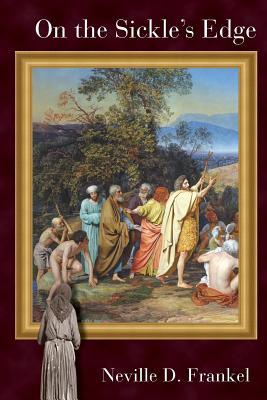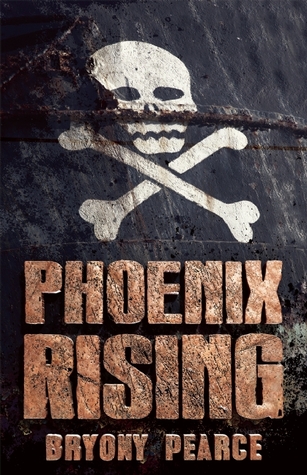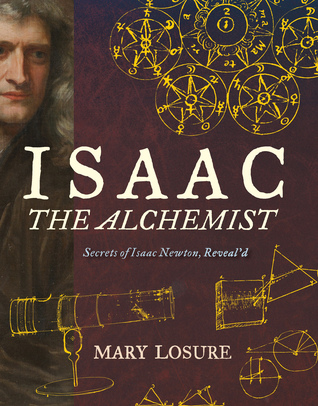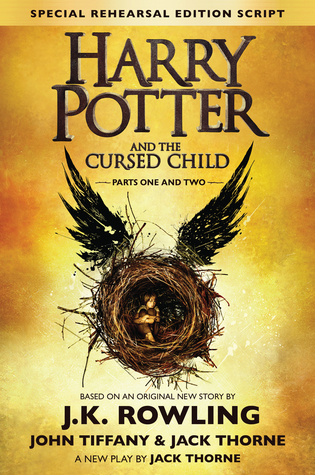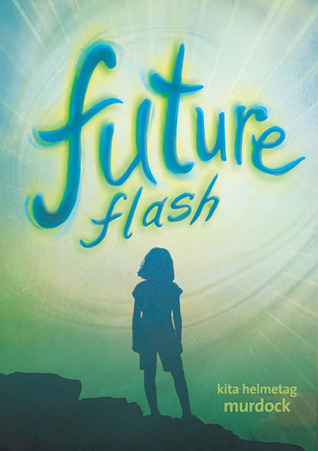 |
| Click to view on the publisher's website |
Steph Jagger had always been a force of nature. Dissatisfied with the passive, limited roles she saw for women growing up, she emulated the men in her life—chasing success, climbing the corporate ladder, ticking the boxes, playing by the rules of a masculine ideal. She was accomplished. She was living "The Dream." But it wasn't her dream.
Then the universe caught her attention with a sign: Raise Restraining Device. Steph had seen this ski lift sign on countless occasions in the past, but the familiar words suddenly became a personal call to shake off the life she had built in a search for something different, something more.
Steph soon decided to walk away from the success and security she had worked long and hard to obtain. She quit her job, took a second mortgage on her house, sold everything except her ski equipment and her laptop, and bought a bundle of plane tickets. For the next year, she followed winter across North and South America, Asia, Europe, and New Zealand—and up and down the mountains of nine countries—on a mission to ski four million vertical feet in a year.
What hiking was for Cheryl Strayed, skiing became for Steph: a crucible in which to crack open her life and get to the very center of herself. But she would have to break herself down—first physically, then emotionally—before she could start to rebuild. And it was through this journey that she came to understand how to be a woman, how to love, and how to live authentically.
(304 pages)
Hmm. This was not exactly what I was expecting. I thought it was going to be a book about traveling around the world, about experiencing new cultures and broadening your horizons and gaining new perspectives on yourself through those multicultural experiences. That's the sort of tale I'm looking for right now, as I try to decide whether or not to attend college in Scotland.
Instead, though, Unbound is a book about a deeply confused young woman who spent the first few decades of her life trying to emulate her father's masculine example before realizing that it wasn't for her. She spends a lot of time realizing that she doesn't actually want to be that masculine, that she's suppressed her femeninity for far too long with the urge to be an independent woman of the world. I'm glad she found a way to balance her competitiveness, her "masculine" traits and her womanhood, though I'm not sure I completely agree that, say, to be competitive or to live independently are necessarily "manly" things. I'm a young woman who's going to major in computer science, and likely spend at least some time living independently, and I certainly don't consider myself to be stifling my womanhood by going into such a lucrative and male-dominated field. If that's the way Steph felt about things, though, then it's good that she dug down and realized the things she needed to change.
That being said, I didn't really enjoy reading this memoir at all. For one thing, she swears in it–constantly. We're talking the f-word on almost every single page, often more than once, along with the s-word and the h-word and a whole alphabet of other words besides. It was very unpleasant and distracting. Also, she has a lot of sex throughout the book with two different guys. The scenes aren't described in too much detail at first, but as the book goes on they become more explicit. There are some things that are intimint, that should stay between two people, you know? Plus, I was just very uncomfortable with how willing Steph was to sleep with people at the drop of a hat. I know not everyone wants to wait until marriage, which is what I believe is best, but she seemed very . . . well, easy. And I really didn't enjoy reading about that.
Honestly, there's no way I'm ever recommending this book to anyone–it's just too explicit. If the content I described doesn't bother you, though, and you think the concept is interesting, then by all means do give it a try. Maybe you'll get something from it that I wasn't able to.
Disclaimer: I received a complimentary copy of this novel for the purpose of participating in a TLC Book Tour.
Instead, though, Unbound is a book about a deeply confused young woman who spent the first few decades of her life trying to emulate her father's masculine example before realizing that it wasn't for her. She spends a lot of time realizing that she doesn't actually want to be that masculine, that she's suppressed her femeninity for far too long with the urge to be an independent woman of the world. I'm glad she found a way to balance her competitiveness, her "masculine" traits and her womanhood, though I'm not sure I completely agree that, say, to be competitive or to live independently are necessarily "manly" things. I'm a young woman who's going to major in computer science, and likely spend at least some time living independently, and I certainly don't consider myself to be stifling my womanhood by going into such a lucrative and male-dominated field. If that's the way Steph felt about things, though, then it's good that she dug down and realized the things she needed to change.
That being said, I didn't really enjoy reading this memoir at all. For one thing, she swears in it–constantly. We're talking the f-word on almost every single page, often more than once, along with the s-word and the h-word and a whole alphabet of other words besides. It was very unpleasant and distracting. Also, she has a lot of sex throughout the book with two different guys. The scenes aren't described in too much detail at first, but as the book goes on they become more explicit. There are some things that are intimint, that should stay between two people, you know? Plus, I was just very uncomfortable with how willing Steph was to sleep with people at the drop of a hat. I know not everyone wants to wait until marriage, which is what I believe is best, but she seemed very . . . well, easy. And I really didn't enjoy reading about that.
Honestly, there's no way I'm ever recommending this book to anyone–it's just too explicit. If the content I described doesn't bother you, though, and you think the concept is interesting, then by all means do give it a try. Maybe you'll get something from it that I wasn't able to.
Disclaimer: I received a complimentary copy of this novel for the purpose of participating in a TLC Book Tour.


